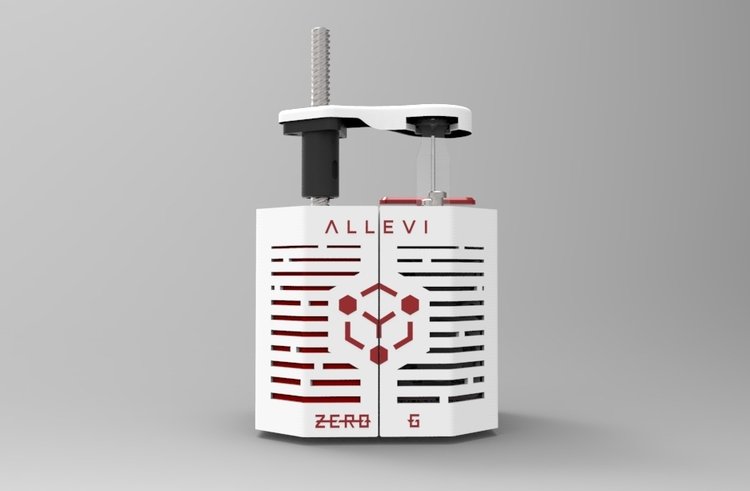The manufacturer of 3D bioprinters Allevi collaborates with Made in Space for a new mission: bring 3D Bioprinting in Space. Allevi’s objective is to enable scientists and researchers to easily design and engineer 3D tissues.
The interest of the company in aerospace started with discoveries astronauts made that improved our daily lives: the GPS in a car, the ear thermometer and even the joystick found on a gaming console.
Astronauts increasingly spend more time in orbit, therefore requires tools that they might easily and quickly use there instead sending information on earth for their fabrication.

Made in Space comes into play here. The company’s core business is to enable human capability in orbit by bringing 3D printing technology onto the International Space Station (ISS). The team has already achieved several actions to reach this goal. Last year for instance, they developed a method to expand manufacturing structures off-earth. They even encouraged young students to carry out researches on the matter by 3D print designs of those who won a challenge on ISS.
In order to comply with the environment, the idea is to be able to 3D print the needed tools at zero g hence the Allevi ZeroG.
The Allevi ZeroG

This bioprinter integrates an extruder that can easily be installed on Made In Space’s 3D printing system on the ISS. Scientists will now be able to “simultaneously run experiments both on the ground and in space to observe biological differences that occur with and without gravity.”
Allevi hopes that its bioprinter might “aid astronauts in 3D bioprinting replacement organs for deep space travel.”
For further information about 3D Printing, follow us on our social networks and subscribe to our newsletter!
Would you like to be featured in the next issue of our digital magazine? Send us an email at contact@3dadept.com





